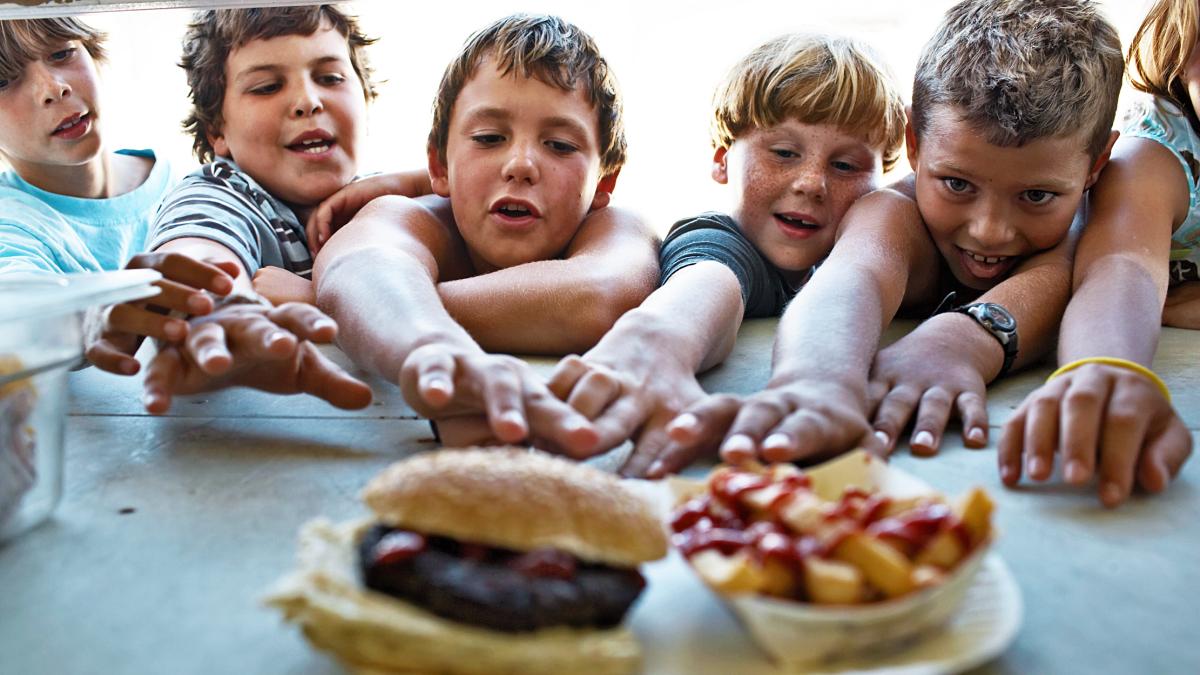The pandemic may be apparently over, but it seems we have a new epidemic on our hands: childhood obesity. The government has just released its latest data from the National Child Measurement Programme (NCMP), and the results are staggering.
The percentage of overweight, obese or severely obese Reception children (aged 4-5) has remained relatively stable between 2006 and 2019, with less than 1% difference in all three categories. However, since 2019 there has been a noticeable uptick of around 4 to 5% for overweight and obese children, while the number of severely obese children has doubled. A similar trend can be seen for children in Year 6, where 41% of children are now classified as overweight or obese, compared to 35% in 2019.
There has also been a dramatic increase in the deprivation gap too: 33.8% of Year 6 children living in the most deprived areas are now obese, compared to 14.3% in the least deprived areas. For context, in 2006 the deprivation gap was only 4.5%.
In some ways these sharp increases are unsurprising, given that the pandemic saw the closure of playgrounds, swimming pools, school fields, gyms, extracurricular activities, outdoor socialising and every other opportunity for children to engage in physical activity. Studies have shown that pandemic stress made it much harder for parents to manage their children’s eating habits, and without the emotional reassurance of routines many children turned to comfort eating.
This trend is hardly limited to the UK; one study, which looked at Italy, Spain, Chile, Colombia and Brazil, found that teenagers in these countries now eat far more fried food and sweets than before the pandemic, while a US survey found that over half of children were eating fewer fruits and vegetables. Similarly, Canadian researchers found that during lockdowns less than 5% of primary school children were doing an hour of physical activity a day.
Restrictions may be lifting, but habits are hard to break; the challenge is now to think about how to reverse these sedentary lifestyles of screen-time and snacking. Infancy and childhood are crucial times for establishing healthy eating habits, and inadequate nutrition at an early age can have lifelong repercussions; for example, even before the pandemic, the number of children with diabetes had increased by 14% between 2015 and 2019.
Although it is easy to blame restaurants, takeaways and fast-food outlets for childhood obesity, the pandemic has proven that we also need to look at what children are eating at home in order to understand how obesity and malnutrition can co-exist. Ultra-processed, high-calorie, low-nutrient supermarket foods took up a greater proportion of calorie intake during the pandemic, and the government needs to continue thinking about ways in which they can work with supermarkets to reduce these temptations.
But the time has also come for us to make tackling childhood obesity a national priority, or we risk a whole generation of young people whose morbidity, life expectancy and life chances have been impacted not by Covid, but our response to it.











Join the discussion
Join like minded readers that support our journalism by becoming a paid subscriber
To join the discussion in the comments, become a paid subscriber.
Join like minded readers that support our journalism, read unlimited articles and enjoy other subscriber-only benefits.
Subscribe